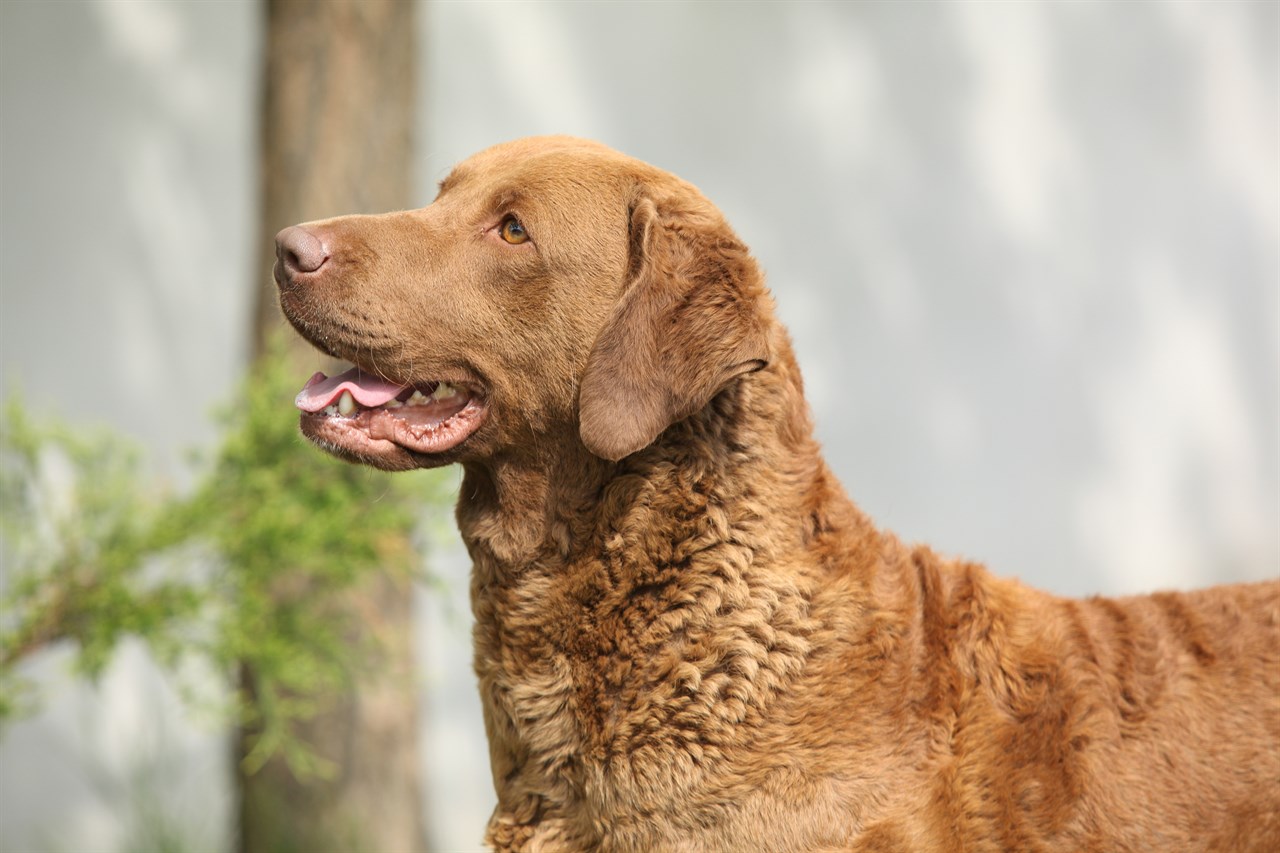Feeding Habits and Requirements of Chesapeake Bay Retrievers

Feeding your Chesapeake Bay Retriever (Chessie) a well-balanced diet is essential to their overall health, energy levels, and longevity. Here's a closer look at the feeding habits and food requirements of Chessies.
Age-Appropriate Nutrition
Chessie puppies, adults, and seniors have different nutritional needs. It's crucial to choose a high-quality dog food that is specifically formulated for their age and life stage. Puppies need food rich in protein and essential nutrients for growth, while adult Chessies benefit from a balanced diet that supports their activity level.
Portion Control
Chesapeake Bay Retrievers have a hearty appetite and a tendency to overeat if given the opportunity. Portion control is vital to prevent obesity, which can lead to various health issues. Follow the recommended feeding guidelines on the dog food packaging, but also monitor your Chessie's weight and adjust portions as needed.
Protein and Fat Content
Look for dog foods that contain high-quality sources of protein and moderate levels of fat. Protein helps maintain muscle mass, while fat provides energy. Chessies are active dogs, so they benefit from a diet that supports their active lifestyle.
Avoid Fillers and Artificial Additives
Choose dog foods that are free from fillers like corn, wheat, and soy. These ingredients offer little nutritional value and can be hard for some dogs to digest. Additionally, avoid foods with artificial colours, flavours, and preservatives.
Fresh Water
Always provide your Chessie with access to fresh, clean water. Staying properly hydrated is crucial for their overall health and well-being.
Scheduled Meals
Establish a regular feeding schedule for your Chessie. Feeding at the same times each day helps regulate their digestion and can make housetraining easier. Avoid leaving food out all day for grazing.
Be Mindful of Treats
Chessies enjoy treats, but excessive treats or human food can lead to weight gain and digestive issues. Use treats in moderation, and opt for healthy, dog-friendly options.
Special Dietary Considerations
Some Chessies may have specific dietary needs or allergies. If your dog has dietary restrictions or allergies, consult with your veterinarian to select an appropriate dog food or discuss options for homemade diets.
Monitor Weight and Adjust as Needed
Regularly assess your Chessie's weight and body condition. If you notice significant weight gain or loss, consult with your veterinarian to adjust their diet accordingly.
Consult with a Veterinarian
Your veterinarian is a valuable resource for guidance on your Chessie's diet. They can recommend specific brands and types of dog food based on your dog's individual needs and health considerations.
In summary, providing your Chesapeake Bay Retriever with a balanced and age-appropriate diet, along with portion control and regular feeding schedules, is essential for their health and well-being. Consult with your veterinarian to ensure you are meeting your Chessie's specific dietary requirements and to address any concerns or questions about their nutrition.
Chesapeake Bay Retriever puppies for sale
- Find Chesapeake Bay Retriever puppies for sale in ACT
- Find Chesapeake Bay Retriever puppies for sale in NSW
- Find Chesapeake Bay Retriever puppies for sale in NT
- Find Chesapeake Bay Retriever puppies for sale in QLD
- Find Chesapeake Bay Retriever puppies for sale in SA
- Find Chesapeake Bay Retriever puppies for sale in TAS
- Find Chesapeake Bay Retriever puppies for sale in VIC
- Find Chesapeake Bay Retriever puppies for sale in WA